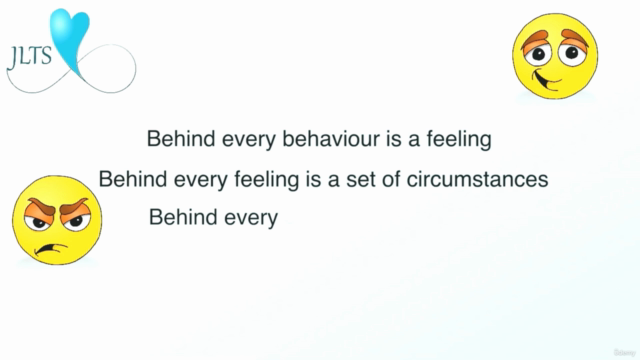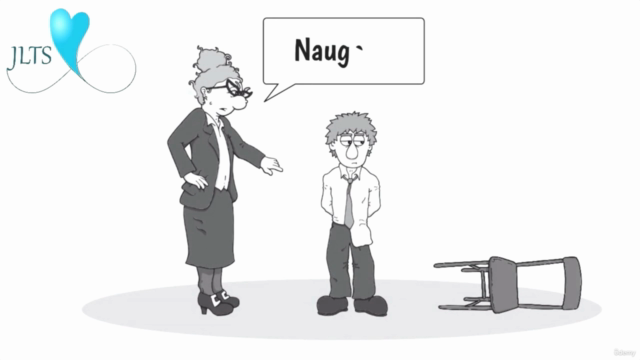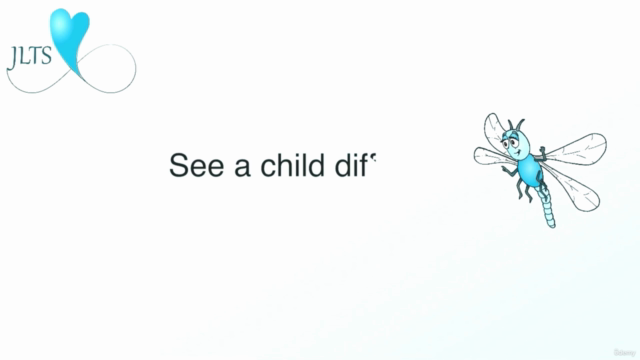Behaviour as Communication

Why take this course?
🚀 Course Introduction: Behaviour as Communication 🧑🏫
Understanding the nuances of non-verbal communication is a cornerstone of effective, child-centred practice. In this comprehensive course, "Behaviour as Communication: An Introduction to Child-Centred Practice," you'll embark on a transformative journey through the human psyche and beyond! 🌟
Why This Course Matters:
- Unlocking the Languages of Children: Learn how children use their behaviour to express themselves, especially when words are scarce or insufficient.
- The Therapeutic Importance of Non-Verbal Cues: Discover why attuning to a child's non-verbal language can lead to better outcomes and deeper understanding in therapeutic settings.
- Your Role as a Practitioner: Understand how your own demeanour, tone of voice, and body language can significantly impact the communication process with children.
📚 Course Breakdown:
- 🔍 Introduction to Behaviour as Communication: A foundation for understanding the signals children send without saying a word.
- 🗣️ Non-Verbal Communication: Delve into the world of silent conversations and what they reveal.
- 🂽 Listening and Listening Styles: Master the art of active listening and how it can change your interactions with children.
- ☾ Congruence: Align your verbal and non-verbal messages to build trust and rapport.
- 🤯 Being Aware of Ourselves: Learn to monitor and manage your own emotions in professional settings.
- 👀 The Johari Window: An essential tool for understanding human interactions and relationships.
- 🚫 Why Chaotic Children Need Boundaries: Explore the necessity of structured environments for children who may struggle with chaos.
- 🔄 Boundaries and Consistency: The role of consistent boundaries in promoting safety, security, and stability for children.
- ❤️ Child-Centred Practice: A transformative approach to care that places the child at the heart of all interventions.
The Impact of Child-Centred Practice: This course will illuminate how adopting a child-centred approach can lead to significantly improved outcomes for children and their families. You'll learn that children are not just passive recipients of care; they are active participants in the process of their own development. 🤗
Meet Your Instructor: Jess Lovibond, a seasoned child-centred therapeutic practitioner with over 20 years of experience in both social care and educational settings, is your guide on this journey. With a PGC in Applied Systemic Theory (Family Therapy), Jess's expertise in behaviour, communication, and child-centred practice is unparalleled. She's dedicated to sharing her wealth of knowledge with you.
Who Should Take This Course? This course is invaluable for professionals such as teachers, social workers, and health practitioners who work directly with vulnerable children and families. 👩🏫✨
For those interested in personal development, this course also offers a wealth of insights into the world of child communication and care. 👨👩👧👦
What You'll Need:
- A willingness to learn and an open mind 🤗
- A pen and paper for note-taking and reflection 📝
- A specific child or individual you work with (or your own child) to help relate the content to real-life situations 🌈
Series Note: This course is part of a trio, designed to provide a comprehensive learning experience. While each course stands alone, taking all three in sequence will deepen your understanding and enrich your practice. 🎓
Embark on this journey with us and transform the way you communicate and care for children! Enrol now and become a champion of child-centred practice. 🌟
Course Gallery




Loading charts...